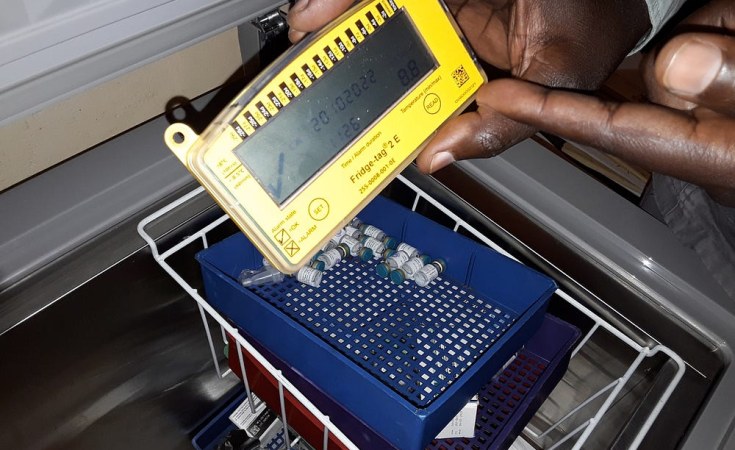Patients with drug-resistant tuberculosis (DR-TB) will no longer be given injections after the government adopted an oral regimen that is effective for 18 months.
The new treatment comes at a time when the country is battling the Covid-19 pandemic, when protecting individuals with lowered immunity or with other diseases is crucial.
According to Health Chief Administrative Secretary Rashid Aman, the new regimen is more effective than the daily shots and drugs that have been used, which sometimes cause hearing loss.
Since 2006, patients with DR_TB have been treated using a regimen that calls for longer treatment periods and have more side effects, compared with the drugs used to treat drug-sensitive TB.
The negative side effects and the logistics of administering daily injections have been among the barriers to completing the regimen.
But the new regimen will be administered only to new patients, who will be able to get three months' supply of drugs at a go. Those undergoing treatment under the old regimen will have to complete the course before being given the new drug.
While releasingCovid-19 data yesterday, Dr Aman assured Kenyans that the drugs will be accessible and affordable, adding that people with TB deserve access to the best, simplest and least-toxic treatment regimens.
Meanwhile, a policy on testing and treatment of latent TB infections has also been launched. It is estimated that without treatment, one in 10 people with latent TB will develop the disease. That risk is higher in vulnerable populations, including people with HIV, who are 20 to 37 times more likely to move from latent infection to active TB.
Preventive treatment has proved to be 90 per cent effective.
Speaking at the launch Mr Gerald Macharia, Country director for the Clinton Health Access Initiative (CHAI), said that the oral drugs will reduce the drug-related side effects, mainly hearing loss, while improving adherence to treatment, and eventually the treatment outcomes.
He added that they are working with the Ministry of Health to reduce the treatment cost of latent TB from Sh4 500 to Sh1,500 per treatment.
"This policy is for the benefit of patients. We are going to ensure that this is accessible to every patient," he said.
Kenya is among the top 30 counties with TB burdens, multidrug resistant TB aand . HIV-related TB. According to a Kenya drug resistance survey in 2014, the prevalence of isoniazid mono resistance among new patients was six per cent.
In 2018, nearly 500,000 new people developed DR-TB and the disease is the leading contributor to deaths from antimicrobial resistance (AMR).
The rollout of injectable free regimens for the treatment of DR-TB is in line with the World Health Organization's recently released DR-TB Treatment Guidelines which call on the global community to move from current regimens to injectable-free regimens to improve treatment outcomes for DR-TB patients.
Tuberculosis is caused by bacteria that spread from person to person through the air. The disease usually affects the lungs, but it can also infect the brain, kidneys, spine and other parts of the body.
In most cases, TB is treatable and curable; but it is highly lethal if one does not get proper treatment. It remains among the world's top infectious diseases, killing 4,000 people each day, and nearly 1.5 million each year.
Sometimes, infections are caused by bacteria that are resistant to two of the most powerful first-line anti-TB drugs -- isoniazid and rifampicin. This type of TB is known as multi-drug-resistant tuberculosis (MDR-TB). It results mainly from mismanagement of TB treatment and person-to-person transmission. Most people with TB are cured by a strict six-month drug regimen.
Although the TB is preventable and curable, In Kenya, TB affects more than 169,000 people each year and is the fourth leading cause of death, killing nearly 29,000 people annually.
The WHO ranks Kenya among the world's 30 high burden TB countries, with TB being the leading cause of death among infectious diseases in the country.


